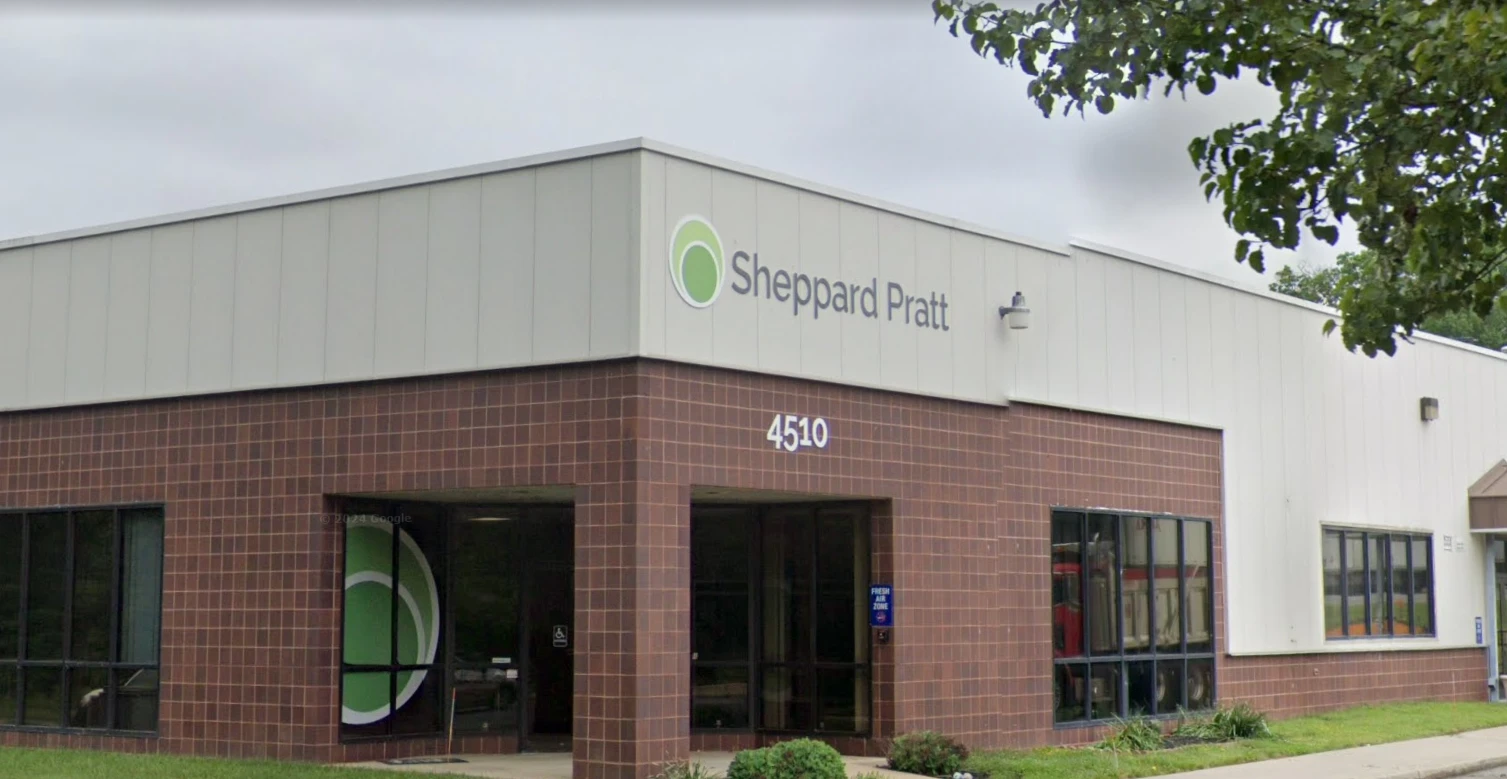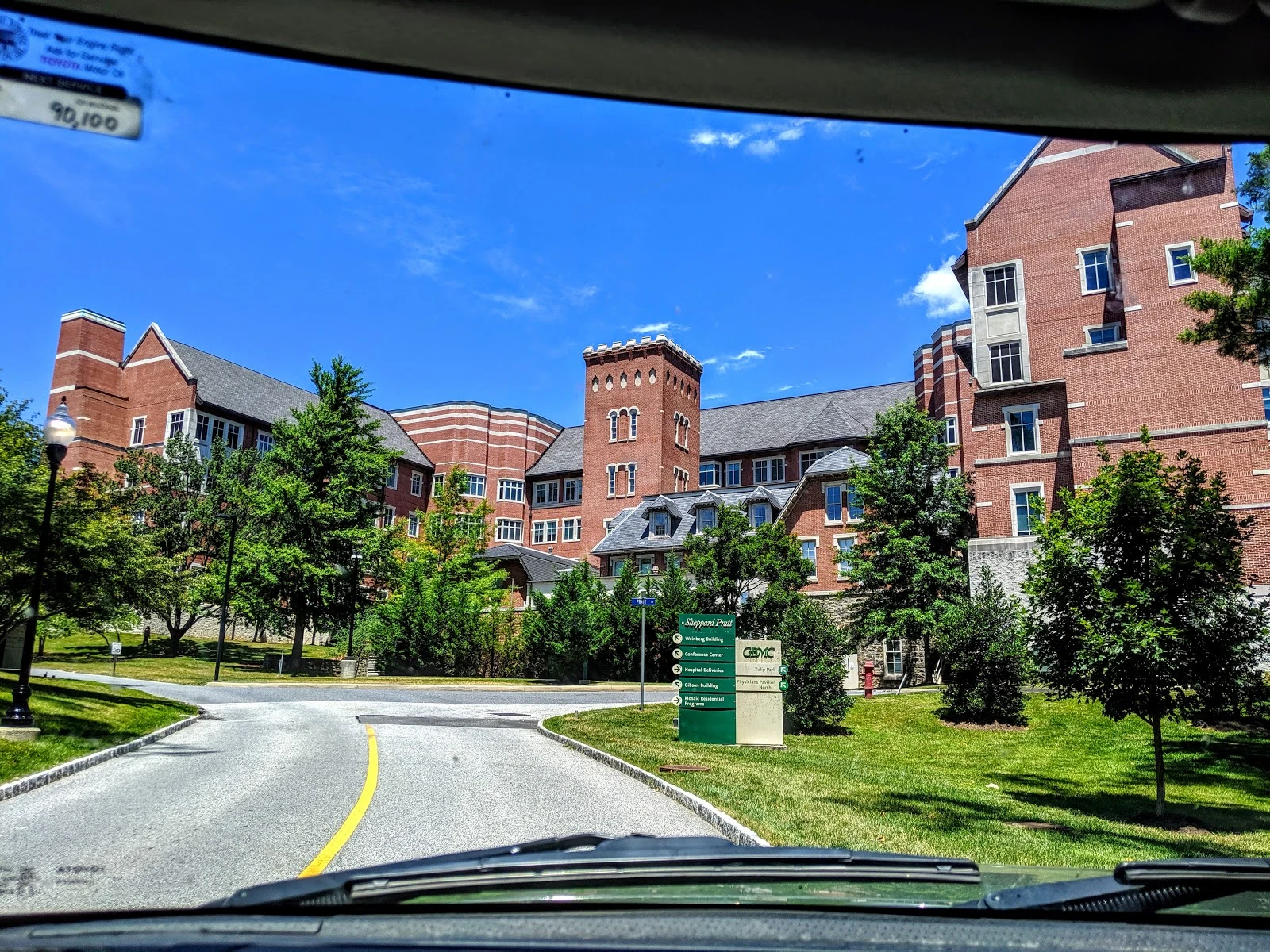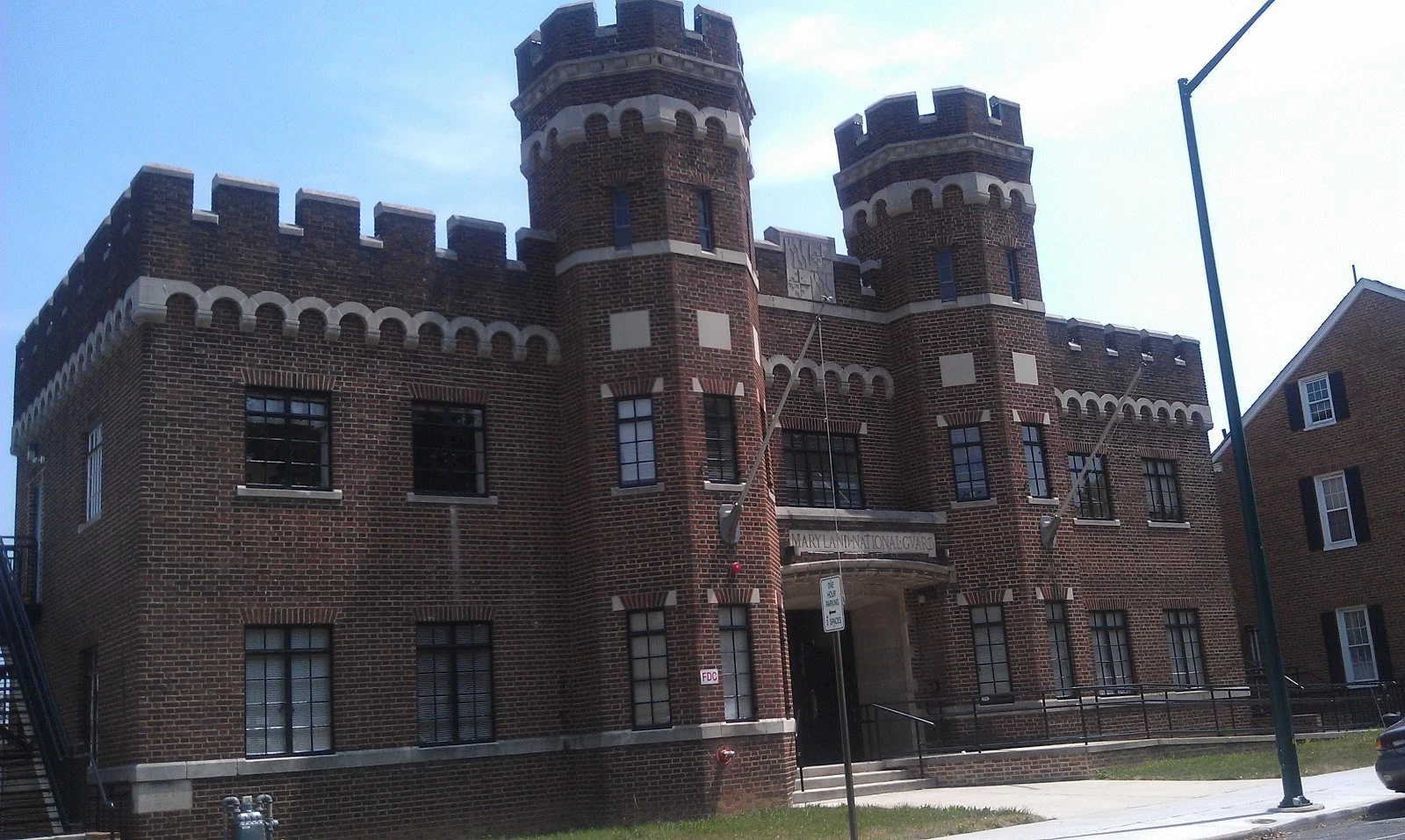Sheppard Pratt - Psychiatric Rehabilitation Day Program - Gaithersburg Information
Treatment
Who We Treat
- Young Adults (18–25)
- Adults
- Seniors/Older Adults
- Older Adults
- Male and Female
Treatment Focus
- Schizophrenia
- Drug Addiction
- Employment Counseling
- Housing Services
- Smoking Cessation
Approaches
- Individual Treatment
- Personalized Treatment
- Group Therapy
- 1-on-1 Counseling
- Art Therapy
- Life Skills Training
Conditions We Treat
- Depression
- Anxiety
- Bipolar Disorder
- Personality Disorder
- Grief & Loss
- Psychosis/Schizophrenia
- Schizophrenia
- Grief and Loss
- Personality Disorders
- Bipolar
- Anger
- Co-Occurring Disorders
Substances We Treat
- Alcohol
Languages
- English
Aftercare
- Intensive Outpatient Program
- Employment Counseling
- Housing Services
- Medication Assistance
- Peer Mentoring
- Employment/Vocational Counseling
- Housing Support
- Mentoring and Peer support
Level of Care
- Outpatient
- Intensive Outpatient Program (IOP)
- Day Treatment
Experience
Personal Amenities
- Transportation Assistance
On-Site Activities
- Physical Fitness
Smoking and Vaping Policy
- Smoking Not Allowed
- Vaping Not Allowed
Accreditations
-
Commission on Accreditation of Rehabilitation Facilities (CARF)
Established in 1966, the non-profit organization known as the Commission on Accreditation of Rehabilitation Facilities (CARF) has a dedicated focus on accrediting rehabilitation organizations. CARF's primary mission is to assist service providers, particularly rehabilitation facilities, in upholding and promoting the highest standards of care.

Additional Locations
Sheppard Pratt - Psychiatric Rehabilitation Day Program - Gaithersburg Accepts The Following Insurance Plans
Find the best treatment options. Call our free and confidential helpline today!





